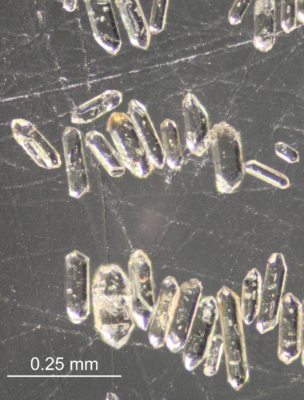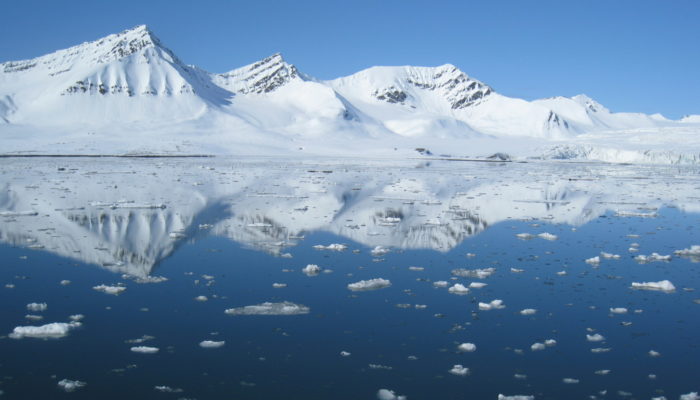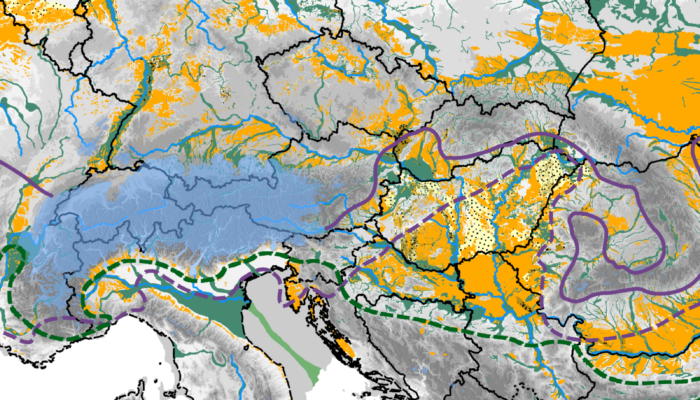Name of proxy detrital zircon geochronology Type of record provenance proxy Paleoenvironment any sedimentary environment in a geologically diverse and diagnostic area Period of time investigated any Period of the geological timescale of the Earth, during which sedimentary deposits were formed How does it work? Igneous rocks form through assemblages of minerals crystallising from melt. While ...[Read More]
Detrital zircons: how the age of a resistant mineral can help to reconstruct the climate of the past




